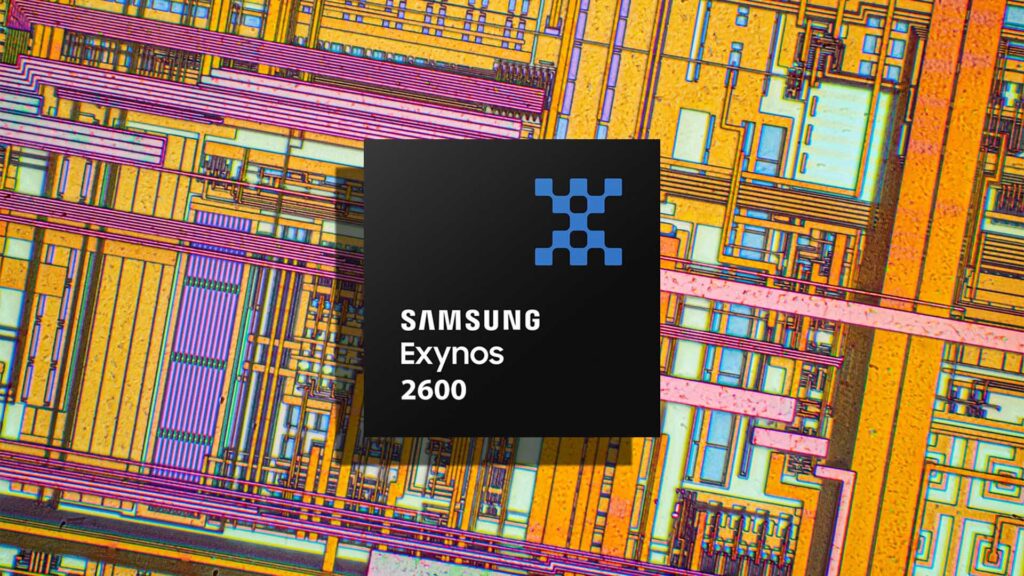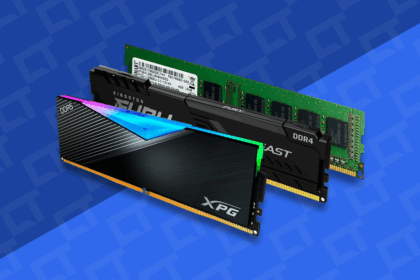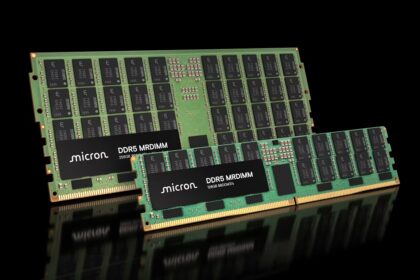Samsung would probably rather forget the rocky chapter of its 3nm GAA process, but the lessons learned appear to have paid off. The company has made a strong comeback with its 2nm GAA technology, and the Exynos 2600 will be the first chip mass-produced on this node.
Samsung’s 2nm GAA
To truly compete with TSMC, Samsung needs to improve both yield rates and technical innovation. Earlier this year, yields for the 2nm GAA node were reported at around 30%—not perfect, but far better than the struggles seen with 3nm. With mass production of the Exynos 2600 scheduled to begin by the end of September, it seems yields have reached a point where Samsung can move forward without major financial risk.

Known internally as SF2, the new process promises up to 12% better performance, 25% improved power efficiency, and a 5% smaller footprint compared to 3nm. Thanks to Gate-All-Around (GAA) architecture, chip design is more flexible and scalable. Samsung is also introducing backside power delivery (BSPDN) for better energy efficiency. This flexibility could allow Samsung to expand the Exynos 2600 beyond smartphones and into notebooks—similar to Apple’s approach of evolving its A-series chips into the M-series.
Still, the shadow of past failures lingers. TSMC capitalized on Samsung’s earlier missteps, and now the Exynos 2600 serves as Samsung’s proving ground. A strong launch could restore confidence and win back customers. Notably, Tesla has already signed a $16.5 billion deal with Samsung for chips produced on this very technology, signaling growing momentum.
What we know about the Exynos 2600’s specs
Samsung has confirmed only one major detail: the NPU (Neural Processing Unit) will see a major leap in performance. Leaks, however, have revealed much more. The Exynos 2600 reportedly carries a 10-core setup in a 1 + 3 + 6 cluster.
Updated benchmarks show the prime performance core running at 3.80GHz, three high-performance cores at 3.26GHz, and six efficiency cores at 2.76GHz. In multi-core results, the Exynos 2600 has been spotted keeping pace with a downclocked Snapdragon 8 Elite Gen 5.
The extra cores boost raw performance, but they can also raise power consumption and heat—a problem Samsung seems ready to address.
Samsung’s new cooling solutions
Samsung is building on its earlier adoption of Fan-out Wafer Level Packaging (FOWLP), first used in the Exynos 2400. For the Exynos 2600, the company will add Heat Pass Block (HPB) technology, which works like a built-in heatsink to draw heat away from the SoC and nearby DRAM modules. Together with FOWLP, this should keep temperatures in check and help sustain higher performance.
On the device side, Samsung may also switch to aluminum builds for the upcoming Galaxy S26 series, similar to Apple’s design shift with the iPhone 17 Pro line. Coupled with larger vapor chambers, this could further improve thermal management.
Which Galaxy S26 will get the Exynos 2600?
For the past three years, Samsung’s Ultra flagships shipped exclusively with Snapdragon chips. This time, however, analysts suggest the Galaxy S26 Ultra may also carry the Exynos 2600, not just the lower-tier S26 Pro and Edge.
As usual, Samsung is expected to follow a dual-sourcing strategy, with some regions receiving Snapdragon versions and others the Exynos models. In the past, Exynos buyers often felt shortchanged compared to Snapdragon users—something Samsung must avoid this generation if it hopes to regain trust.
Launch
Samsung traditionally unveils its new Exynos SoC shortly before launching its Galaxy S series. If that pattern holds, the Exynos 2600 could debut as early as October, ahead of the Galaxy S26 lineup in 2026. For Samsung, this chip represents more than just another processor—it could be the long-awaited turning point in its semiconductor story.











